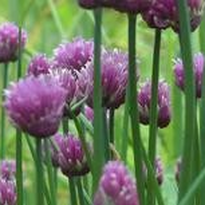Isobel

Isobel is part of a birth cohort study. She only became aware that she was involved in the study when she started receiving Christmas cards in her 60s. She has been invited to one meeting.
Isobel is divorced and has three children. She is a retired coordinator for services for the elderly. Her ethnic background is White Scottish.
More about me...
Isobel was not aware that she was involved in a birth cohort study as her late parents never mentioned it. She first knew about it many years later when she started receiving Christmas cards from the study. She suspects that, because she married and changed her name and moved to another area, the study lost track of her. Her only other participation since then has been an invitation to a meeting, which she went along to. Although she found it interesting, she said she “felt like I was on the outside looking in”, because it was her first time being involved. She is particularly interested because her cohort was born just after the war when wages and quality of life were relatively lower and, as such, would like to know how childhood has shaped her peers’ life experiences.
While her main motivation for continuing to participate is to find out more about her fellow participants, she also thinks it will help future generations and society as a whole. Isobel has also taken part in medical research on asthma for about eight years which involved trying out different inhalers at home and having tests and measurements taken in hospital. Isobel was glad to be involved; it not only made her more confident about her own asthma, but it also contributed to medical knowledge. That said, there is a limit to what types of research she would like to be involved in. As Isobel put it, “I wouldn’t want to be sliced up or anything like that”, but nevertheless she is generally happy to participate in other types of medical research.
Isobel advises other people who are invited to take part in cohort studies to not be afraid to stop participating if they no longer feel comfortable about being involved. She feels this is particularly important when people have been recruited as a child and may not have had a say in the decision to take part.
To improve future cohort studies, Isobel recommends that researchers keep participants who may not have access to the internet more updated so that they feel more involved in the research study. While she recognises the cost barrier of this method, she currently feels excluded from the study as she does not know the same information as others.
Interview conducted in 2019.


